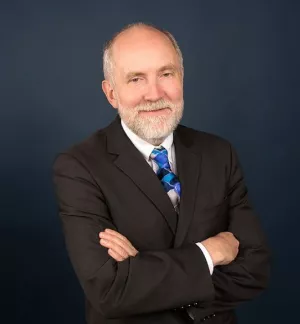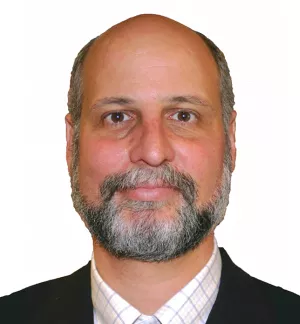For several years, the Nuclear Suppliers Group (NSG) has been unable to reach a consensus on the adoption of revised guidelines for its members. The most contentious issue is how to strengthen restraints on the transfer of enrichment and reprocessing technologies in a manner that would be acceptable to all NSG members, and credible to the major exporting states and industry.
In this report, Fred McGoldrick, offers a set of options for policy makers intended to help catalyze a more productive discussion both within the NSG and beyond it.
The report urges policy makers to moderate their rhetoric on limiting exports and to emphasize the rights of NPT parties to the peaceful uses of nuclear energy as long as they are in compliance with their nonproliferation commitments.
To help advance discussion within the NSG, the report recommends:
- Concentrating on reaching agreement on new guidelines, if possible using the so-called “clean text” criteria for restraining the sale of enrichment and reprocessing technologies;
- Adopting new language in the NSG guidelines that would affirm Article IV rights under the NPT and register commitments to promote international cooperation with states as long as they are in conformity with their NPT obligations; and
- Strengthening NSG efforts on effective implementation of the existing guidelines.
Beyond the NSG, the report recommends a number of measures to strengthen nonproliferation including:
- Promoting robust fuel assurances, and seriously exploring the feasibility of cradle-to-grave fuel cycle services, particularly for countries with small nuclear programs;
- Giving serious consideration to placing enrichment and reprocessing facilities under some form of multinational auspices or control;
- Recognizing the limited application of the U.S.-UAE model of discouraging the spread of enrichment and reprocessing;
- Giving priority to the development and deployment of improved safeguards techniques, including universal adoption of the Additional Protocol as well physical protection for enrichment and reprocessing plants;
- Continuing further research, development, and demonstration of more proliferation-resistant fuel cycle technologies; and
- Applying the maximum diplomatic pressure to states that seek to transfer sensitive nuclear technology to countries that are in violation of their nonproliferation commitments, are located in unstable regions, or present unacceptable proliferation risks.
Work on this report was supported by AREVA, Inc., the John D. and Catherine T. MacArthur Foundation, and the Belfer Center for Science and International Affairs.
Click below to download the report.
McGoldrick, Fred. “Limiting Transfers of Enrichment and Reprocessing Technology: Issues, Constraints, Options.” Belfer Center for Science and International Affairs, Harvard Kennedy School, May 2011











